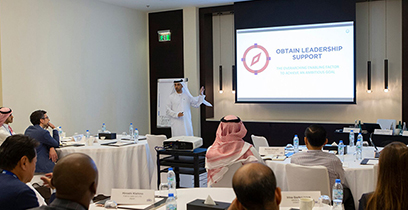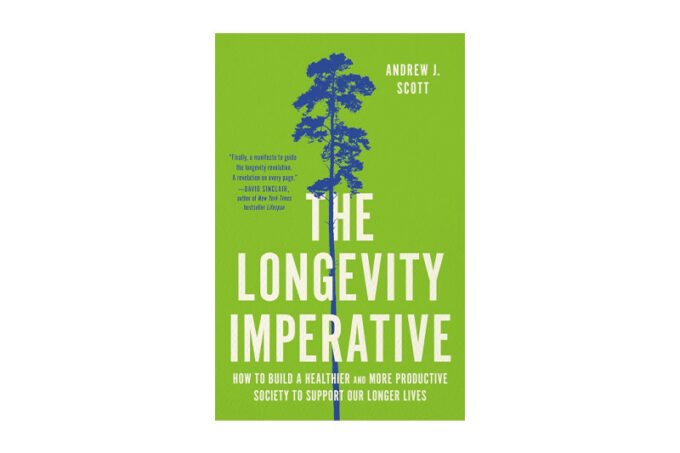What we can do as individuals
For the individual, it’s important to think about and act on the following:
Mix it up: As your working life extends, understand that the careers will become multistage. Maintaining health, relationships, skills, and purpose over a longer time will require shifts and transitions as you focus on different outcomes. Instead of looking forward to a time of final, idle retirement, you should be able to plan time off and time out throughout your career when you can enjoy it more.
Be prepared: To be prepared to thrive in a multistage life, expect voluntary and involuntary transitions in and out of work and think about your finances, your professional and personal networks, and your identity.
Back to school: Keep yourself up to date – education won’t end after college and you will be in and out of education and training, either in blocks or through continuous and simultaneous learning as you work.
Diversifying for the future: To be future-proof, you need a good base on which to build a productive and sustainable career. Build skills for today’s job, but also focus on how that job prepares you for the next transition. Take a self-audit: Are you working in a declining sector? Is your job age-friendly enough to provide you with employment for decades to come? Do you have transferrable skills to make you relevant to employers in other sectors – and can you see yourself persuading a new employer of that?
Going beyond the peak: In a linear career, ‘the only way is up’ with promotion and pay increases. A multistage career will look different, as it’s viewed through the lens of a lifetime, where you may want to take mid-career breaks for education or for your own plans, and transition to less responsibility and less pressure in later life. These jobs will pay less. But it is lifetime income that matters, not that your income continues to rise every year.
As we redefine our concept of aging (and we must), instead of a period of decline, a social and cultural shift is needed to view aging as a chance to support a longer-living population and for those people to enjoy continued growth, contribution, and fulfillment.
Whilst my book details a variety of specific policy changes across healthcare, finance, education, and work structures and guidance on managing health, finances, and careers for a longer life, I strongly believe that longevity is an opportunity, not a problem. By proactively adapting various sectors of society and our own mindsets, we can reap the benefits of longer, healthier lives and the result can be a more productive and prosperous future for all.
The Longevity Imperative. Building a Better Society for Healthier, Longer Lives is published by Basic Books.







 Audio available
Audio available
